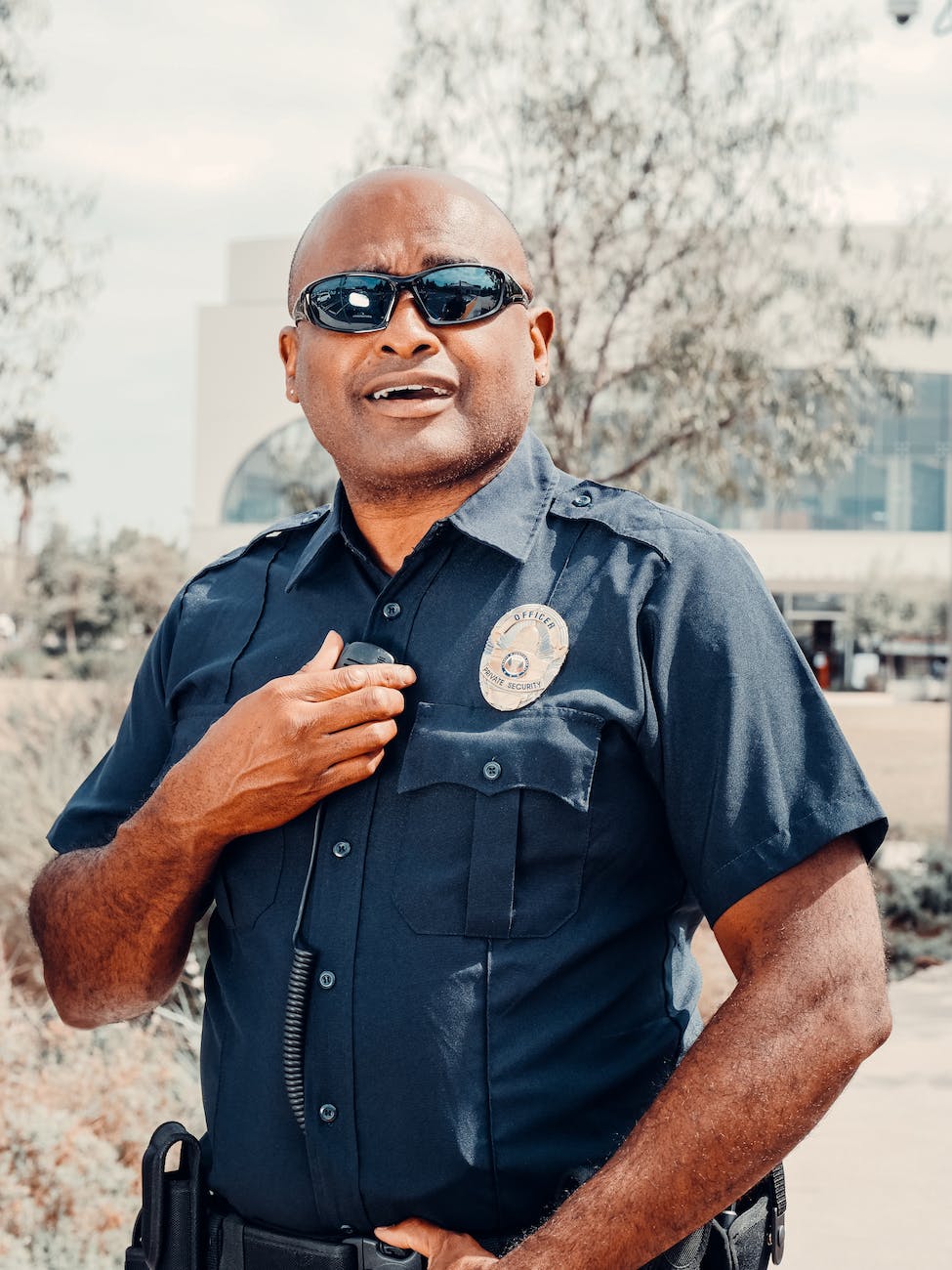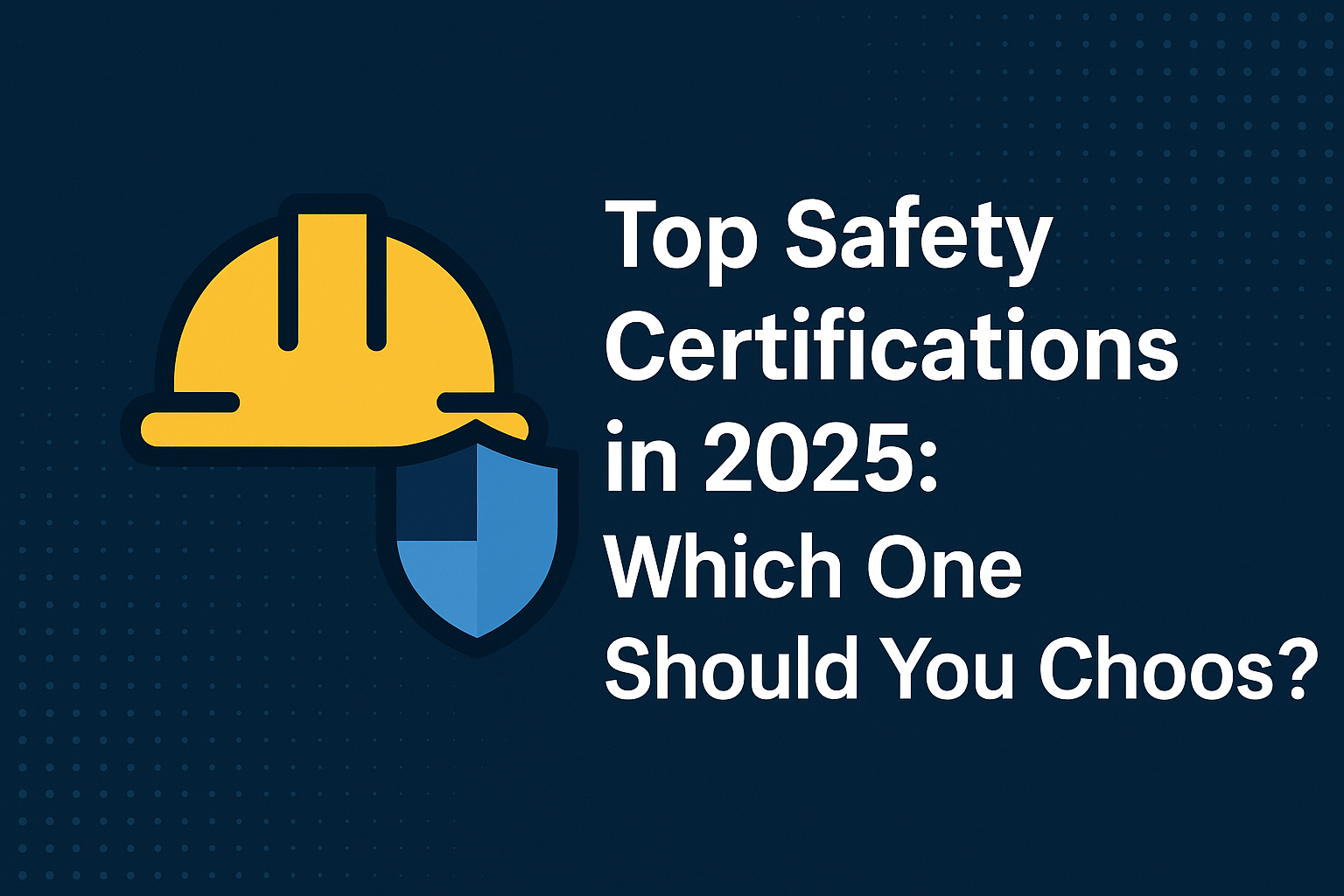
Accredited Safety Officer: Ensuring Workplace Safety
Accredited Safety Officer : In today’s dynamic work environment, safety has emerged as a pivotal concern across industries. Organizations are increasingly recognizing the significance of accredited safety officers in maintaining a secure workplace. Accredited safety officers play a fundamental role in upholding safety standards, mitigating risks, and ensuring compliance with regulations. Let’s delve deeper into the world of accredited safety officers and their indispensable contributions.
Defining the Role and Importance
Accredited safety officers are professionals trained and certified to oversee and enforce safety measures within workplaces. Their primary objective is to minimize occupational hazards, prevent accidents, and promote a culture of safety among employees. Accreditation is obtained through rigorous training, education, and examinations, establishing credibility and expertise in the field.
Qualifications and Training
To become an accredited safety officer, individuals need to fulfill specific educational requirements, often possessing degrees in fields related to occupational health and safety. Additionally, specialized certifications and courses tailored to industry-specific needs are crucial for acquiring expertise in safety management.
Responsibilities
Accredited safety officers shoulder multifaceted responsibilities, including conducting risk assessments, implementing safety protocols, and educating employees about safety practices. They act as catalysts in fostering a secure work environment, ensuring compliance with regulations, and reducing workplace incidents.
Industry-Specific Requirements
Different industries have unique safety challenges. For instance, in the construction sector, safety officers must navigate hazards like falls and equipment-related risks. In healthcare, their focus might be on infection control and patient safety.
Benefits of Hiring Accredited Safety Officers
Organizations benefit immensely from employing accredited safety officers. Reduced accidents lead to increased productivity, lower insurance costs, and compliance with legal standards. It fosters a positive work culture where employees feel secure and valued.
Challenges and Evolution
Despite their crucial role, safety officers face challenges such as balancing safety measures with operational efficiency and adapting to evolving regulations. The field has evolved significantly, incorporating technological advancements and anticipating future trends in safety management.
Emergency Preparedness and Technology Integration
Accredited safety officers play pivotal roles in emergency preparedness, devising crisis management strategies and leveraging technology like AI and IoT to enhance safety measures.
Global Recognition and Career Growth
Accredited safety officers hold globally recognized certifications, enabling them to contribute to workplace safety worldwide. There is a growing demand for these professionals across industries, offering significant career growth opportunities.
An accredited safety officer is an individual who has undergone specific training and obtained certification to oversee and enforce safety protocols in various settings. They possess knowledge about occupational health and safety regulations, risk assessment, emergency procedures, and workplace safety practices. These professionals play a crucial role in ensuring that environments such as construction sites, factories, or offices comply with safety standards to prevent accidents and protect employees and the public from potential hazards.Conclusion
Accredited safety officers are linchpins in ensuring workplace safety, fostering a secure environment, and upholding industry standards. Their expertise, coupled with continuous learning and technological integration, elevates safety measures and contributes to organizational success.
Certified Safety Officer Course
50 Duties of Radiography Safety Officer
50 Duties of Road Safety Officer
FAQs
- What qualifications are needed to become an accredited safety officer?
- Educational backgrounds in occupational health and safety are often required, along with specialized certifications.
- How do accredited safety officers benefit organizations?
- They reduce accidents, ensure compliance, lower insurance costs, and foster a positive work culture.
- What are the challenges faced by safety officers?
- Balancing safety with productivity and adapting to evolving regulations are common challenges.
- Are safety officer certifications globally recognized?
- Yes, accredited safety officer certifications hold global recognition, facilitating career opportunities worldwide.
- How do safety officers contribute to emergency preparedness?
- They devise crisis management strategies and integrate technology to enhance safety measures during emergencies.
























